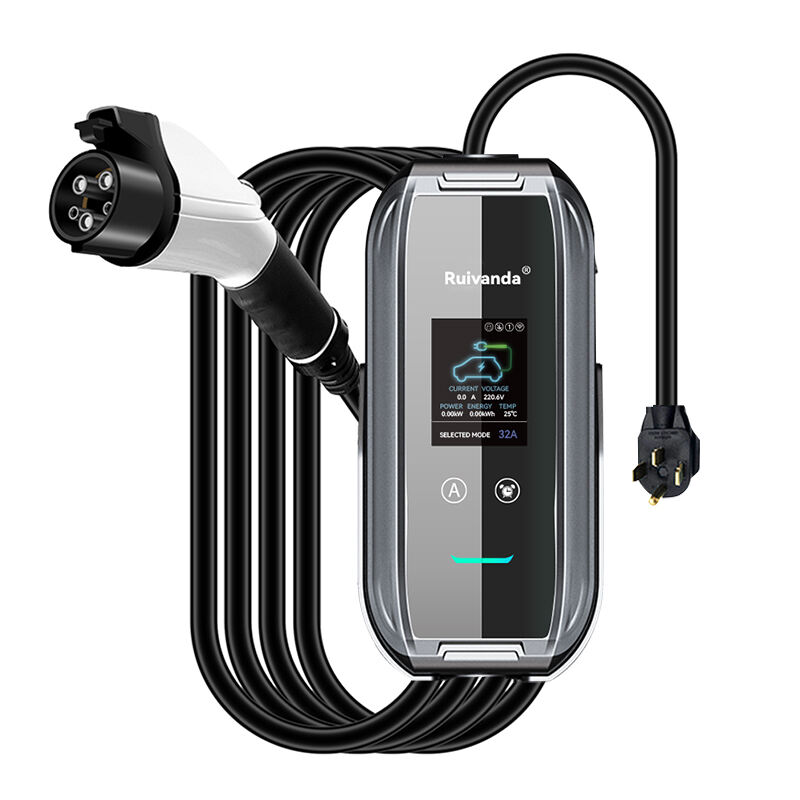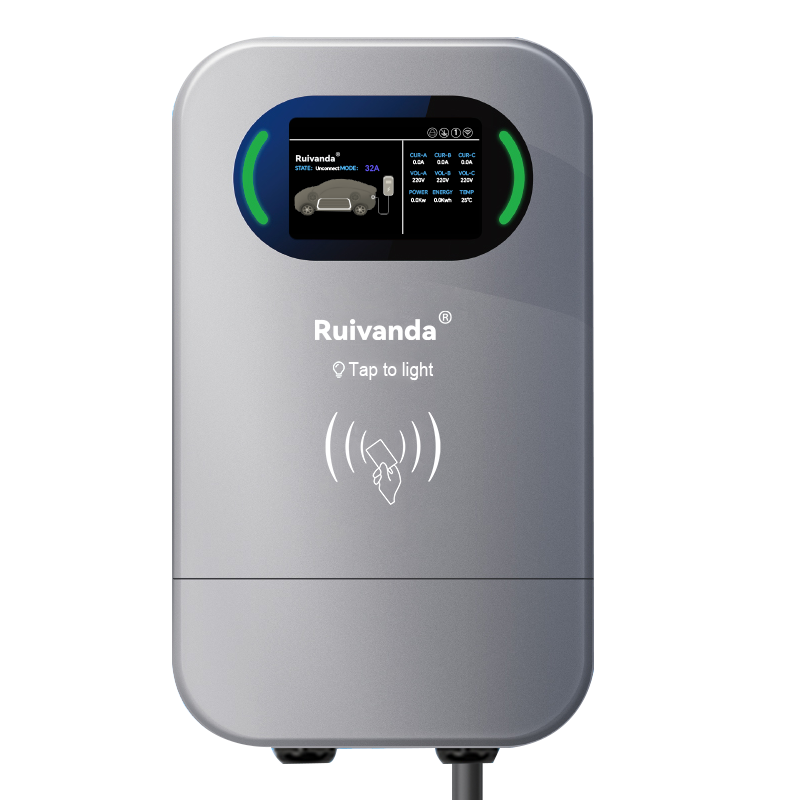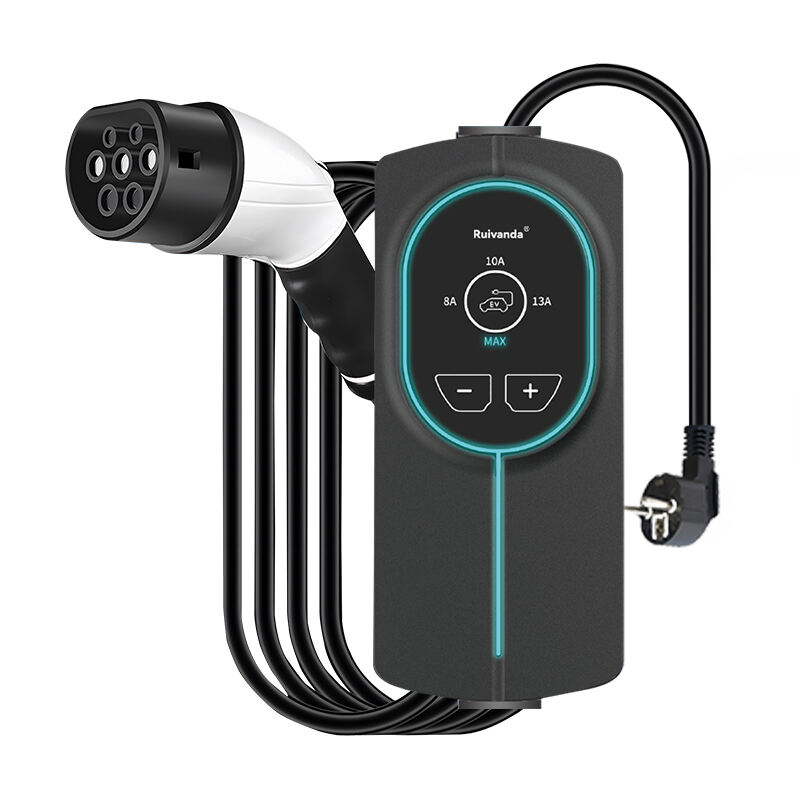In other words, EV charger cables are used to charge your electric vehicle. Make sure you choose the right type of cable for your vehicle because each type has its own characteristics and advantages. Some EV charger cables include Type 1, Type 2, and CCS cables.
Normal chargers (Type 1) – for slow chargers. They work with most electric vehicles and many drivers prefer to use them. There are Type 2 cables for slower charging for the majority of cars. They are prevalent in Europe and are increasing in popularity elsewhere, as well. CCS cables integrate the Type 1 or Type 2 cables with two additional connectors for fast charging. If on long trips, these cables are useful since it charges quickly.
Choosing an EV charger cable for your car involves several considerations. You will be charged based on how fast a vehicle can charge. If your car can rapid charge, go for a Type 2 or CCS (Combined Charging System) cable. A Type 1 cable may be preferable if it doesn’t charge too fast.
Consider the charging stations around you. In some places, Type 2 charging points are more widely available, while in others Type 1 stations are more numerous. You want to make sure that any type of charging cable you choose for your vehicle works with the stations in your area so you can charge easily.

Like anything, there are upsides and downsides to each type of EV charger cable. Type 1 cables - the most common across the board, and compatible with nearly every EV. But they may take longer than Type 2 or CCS cables to charge. Type 2 cables are great for speedy charging vehicles, but they might not be universally available. CCS cables are optimal for fast charging; however, they do tend to be pricier than other variants.

EV charger cables are designed to fit various types of vehicles. Type 1 cables are compatible with most electric vehicles. Type 2 cables are used for faster charging of greater capacity vehicles and are now standard in Europe. CCS cables are awesome for fast charging as long as they are compatible with the cars capable of using DC charging.

In the following learn how to take care of your EV charger cable. Type 1 cables must be kept clean and dry — even small amounts of dirt can cause damage. Type 2 cables need to be stored somewhere cool and dry, otherwise they could overheat. CCS cables must be inspected frequently for any signs of wear or damage.
Nanjing Ruifanda New Energy Technology Co., Ltd. has a comprehensive product portfolio, covering home AC charging stations, portable AC chargers and DC fast charging stations. Whether it is daily charging needs at home or fast charging services in commercial places, it can provide suitable solutions. The rich product line not only meets the diverse needs of different customer groups, but also reflects the company's strong R&D and production capabilities, ensuring that it occupies a leading position in the field of electric vehicle charging equipment.
As a leading high-tech enterprise in China, the company aims to build a first-class enterprise and create an international brand. Through unremitting efforts, the products have been exported to more than 40 countries including the United States, the United Kingdom, Germany, France, etc., and have passed the quality inspection and certification of domestic and foreign authoritative organizations such as CE , FCC and CQC, and also have a number of product invention patents. This not only demonstrates the high quality and reliability of the products, but also enhances the company's reputation and influence in the international market.
The company always takes safety as the primary orientation and attaches great importance to product quality and technology. Each product has undergone a lot of testing and verification before it is launched on the market. All product components come from strictly screened high-quality suppliers, which guarantees product quality from the source. In addition, regular inspections will be carried out on products that have been launched on the market to prevent cutting corners and ensure that every product delivered to customers has excellent quality, which will escort users' safe charging.
The company has a professional and responsible after-sales service team. Regardless of new or old customers, any questions raised can be answered in the shortest time. Any problems with the product will be followed up by professionals until they are perfectly solved. At the same time, the company has 12 years of factory experience, supports ODM&OEM, and has strong R&D capabilities to meet customers' personalized customization needs and provide customers with a full range of high-quality services.